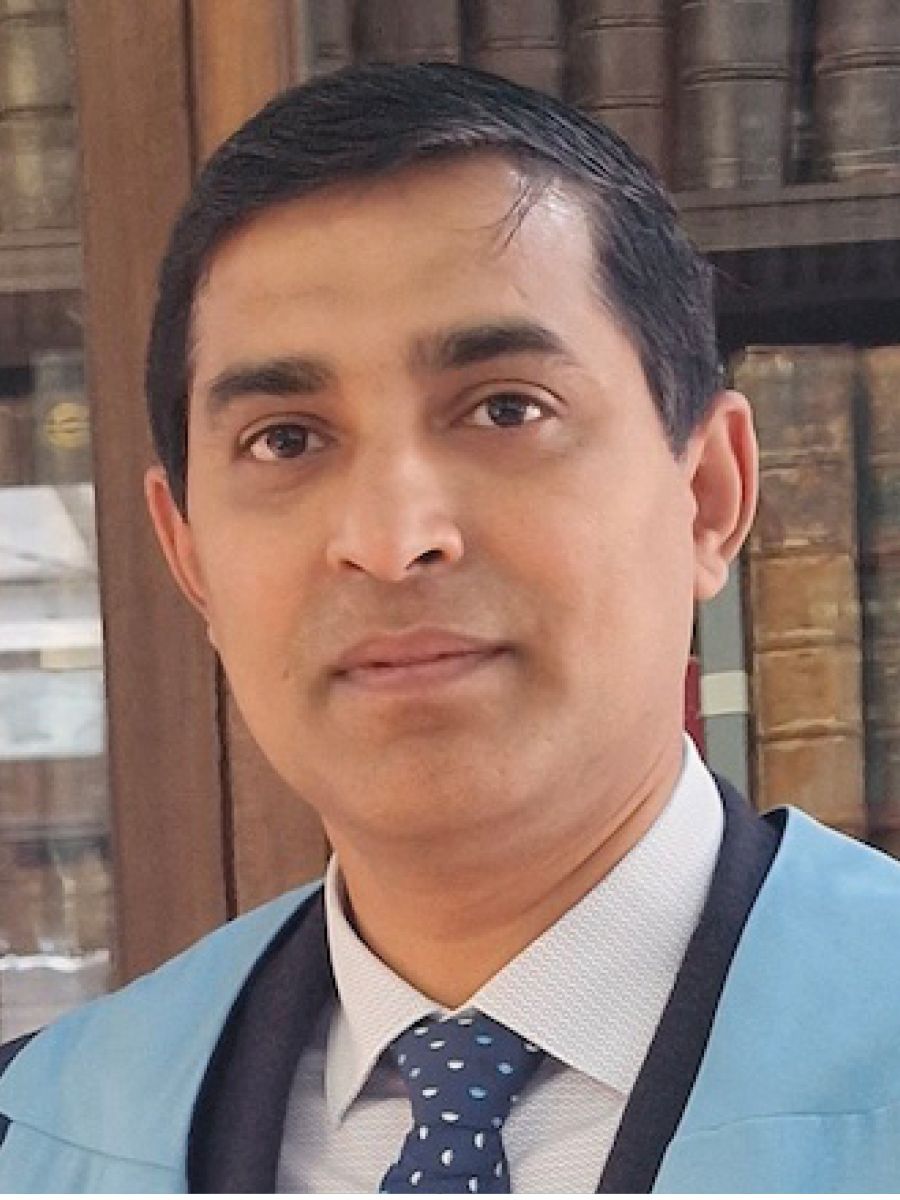New Routes


Rickaz Raheem: Consultant Urologist, Bedfordshire Hospitals NHS Foundation Trust, Co-chair - ISECSN and SAS representative JCIE panel, and RCSEd Urology Surgical Specialty Board
Rickaz Raheem: Consultant Urologist, Bedfordshire Hospitals NHS Foundation Trust, Co-chair - ISECSN and SAS representative JCIE panel, and RCSEd Urology Surgical Specialty Board
SAS doctors, with their diverse backgrounds and skill sets, are increasingly exploring new avenues to advance their careers. While some aspire to join CCT training schemes or pursue specialist registry entry through the CESR route, a significant number actively choose SAS as their preferred career path. Recognising the importance of professional development and academic opportunities, SAS doctors are now being encouraged to participate in intercollegiate examinations, expanding their skill sets and fostering networking across the country.
At the moment, the MRCS examiner criteria mandates holding full consultant status for at least two years post-CCT or equivalent, putting SAS surgeons with similar seniority and experience at a disadvantage. In response, SAS committees of Royal Colleges and the Intercollegiate Surgical Education Committee for SAS, LED and Non-Consultant Hospital Doctors (ISECSN) are actively negotiating with the ICBSE to revise this criterion, enabling suitable senior SAS doctors to be appointed as examiners.
The exam path
The Intercollegiate Committee for Basic Surgical Exams (ICBSE) oversees the Membership of the Royal College of Surgeons (MRCS) examination, while the Joint Committee on Intercollegiate Examinations (JCIE) administers the Fellowship of the Royal College of Surgeons (FRCS) qualification and the Joint Surgical Colleges Fellowship Examination (JSCFE).
SAS doctors are encouraged to engage with intercollegiate examinations is by becoming question writers for the MRCS Part A examination. This exam assesses Applied Basic Sciences and Principles of Surgery in General through a 300-question Single Best Answer (SBA) format.
Question writers
To qualify as a question writer, individuals must have passed the MRCS or FRCS examination. The ICBSE is actively seeking SAS doctors from various specialties and clinical settings to join as question writers. Training and guidance will be provided, and question review days will be scheduled up to three times a year.
If you are interested in becoming a question writer for MRCS examinations or wish to obtain more details, please contact questionwriting@icbse.org.uk
SAS doctors holding FRCS can also contribute as question writers for section 1 of the intercollegiate specialty examinations. The writing group for this section convenes two to three times a year, and all new members will receive training in crafting SBA questions. Further details and application forms can be found on the JCIE website. For access to the application form and criteria for appointment, please visit the Panel of Question Writers Applications page on the JCIE website (jcie.org.uk). Alternatively, if you require further details or have specific enquiries, you can contact JCIE via email at enquiries@jcie.org.uk. They will assist you with any questions or concerns you may have regarding the application process or the role of question writers.
Participation in intercollegiate examinations not only enhances professional development but also ensures doctors have up-to-date knowledge of their field. These question review meetings and writing group sessions offer excellent opportunities for networking nationwide and active involvement in intercollegiate educational activities. By engaging in these examinations, SAS doctors can expand their portfolios and advance their careers in a meaningful way.
